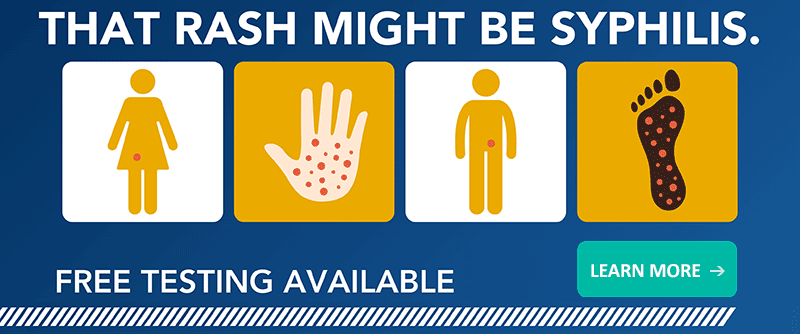November is National Diabetes Month, and the Mississippi State Department of Health is spreading awareness by organizing a two-day event highlighting the importance of prevention, early detection and management of the disease that is the eighth leading cause of death in the state, with more than 1,250 deaths in 2022.
Mississippi ranked second in the nation for diabetes prevalence in 2023. An estimated 1 in 6 of our residents are living with the preventable disease, for which roughly 21,000 Mississippians are diagnosed every year.
“Far too many Mississippians are still dying of diabetes, which is particularly devastating because it is preventable and manageable,” said Dr. Dan Edney, MSDH Executive Director and State Health Officer. “We urge you to get tested, and if you have the disease, take the necessary steps to live a longer, healthier life. Diabetes does not have to be a death sentence.”
The MSDH Diabetes Prevention and Control Program invites you to learn more about prevention and treatment options during our annual Giving Diabetes the Blues event:
- Reception: Thursday, November 21, 4 p.m. to 7 p.m. at the Jackson Medical Mall. Under the backdrop of live blues music, MSDH will launch its new diabetes cookbook featuring recipes from Mississippians, showcase cooking demonstrations and offer health screenings. There will also be a resource fair where you can explore educational materials, connect with healthcare providers, and discover support services. Pre-register via this link: Giving Diabetes the Blues Tickets, Thu, Nov 21, 2024 at 4:00 PM
- Conference: Friday November 22, 9 a.m. to 4 p.m at Two Museums in Jackson. Highlights include sessions on the latest advancements in diabetes care, a spotlight on innovative technologies like continuous glucose monitors and insulin pumps, and expert-led discussions on lifestyle changes that support long-term health. You can also participate in interactive workshops, hear from keynote speakers and connect with exhibitors offering tools for diabetes management. Spots will fill up quickly, so pre-register early here: Giving Diabetes the Blues Conference Tickets, Fri, Nov 22, 2024 at 9:00 AM
On Thursday, November 14, MSDH will also join healthcare providers and advocates around the globe in bringing awareness to the disease by recognizing World Diabetes Day. Internationally, nearly 50 percent of all diabetes is undiagnosed, and 537 million people are living with the disease. Diabetes affects the way the body uses food by causing glucose levels in the blood to be too high. Over time, high blood sugar damages nerves and blood vessels, leading to complications including heart disease, stroke, blindness, kidney disease, nerve problems, gum infections and amputations.
There are two kinds of diabetes: type 1 and type 2.
- Type 1 diabetes is likely caused by an autoimmune reaction, and no one knows how to prevent it, according to the Centers for Disease Control and Prevention. Risk factors include having a parent or sibling with the disease, and though you can develop it at any age, it is most often diagnosed in children, teens and young adults. In the United States, White people are more likely to develop type 1 diabetes.
- Type 2 diabetes, which is linked to lifestyle choices, is most common in adults ages 45 and over. Other risk factors include having prediabetes, being overweight, having a parent or sibling with type 2 diabetes, being physically active less than three times a week, having non-alcoholic fatty liver disease, and being an African American, Hispanic, American Indian or Alaska Native.
Though signs of diabetes can go unnoticed, there are common symptoms:
- Urinating frequently
- Feeling very thirsty
- Feeling very hungry, even though you are eating
- Extreme fatigue
- Blurry vision
- Cuts or bruises that are slow to heal
- Weight loss despite eating more (type 1)
- Tingling, pain or numbness in the hands and feet (type 2)
MSDH wants you to Know Your Numbers – cholesterol, blood pressure, blood sugar and body mass index – so that you can take action to reduce your chances of developing diabetes and other major chronic illnesses that disproportionately affect Mississippians. Safeguard your own health and that of your loved ones by going to your local health department to be screened.
If you have pre-diabetes, you can reduce your risk of developing type 2 diabetes by losing weight, becoming more active and consuming a healthier diet. If you already have type 2 diabetes, manage it by following your doctor’s orders.
The American Diabetes Association also offers a 60-second type 2 diabetes risk test via this link: https://diabetes.org/diabetes-risk-test.

